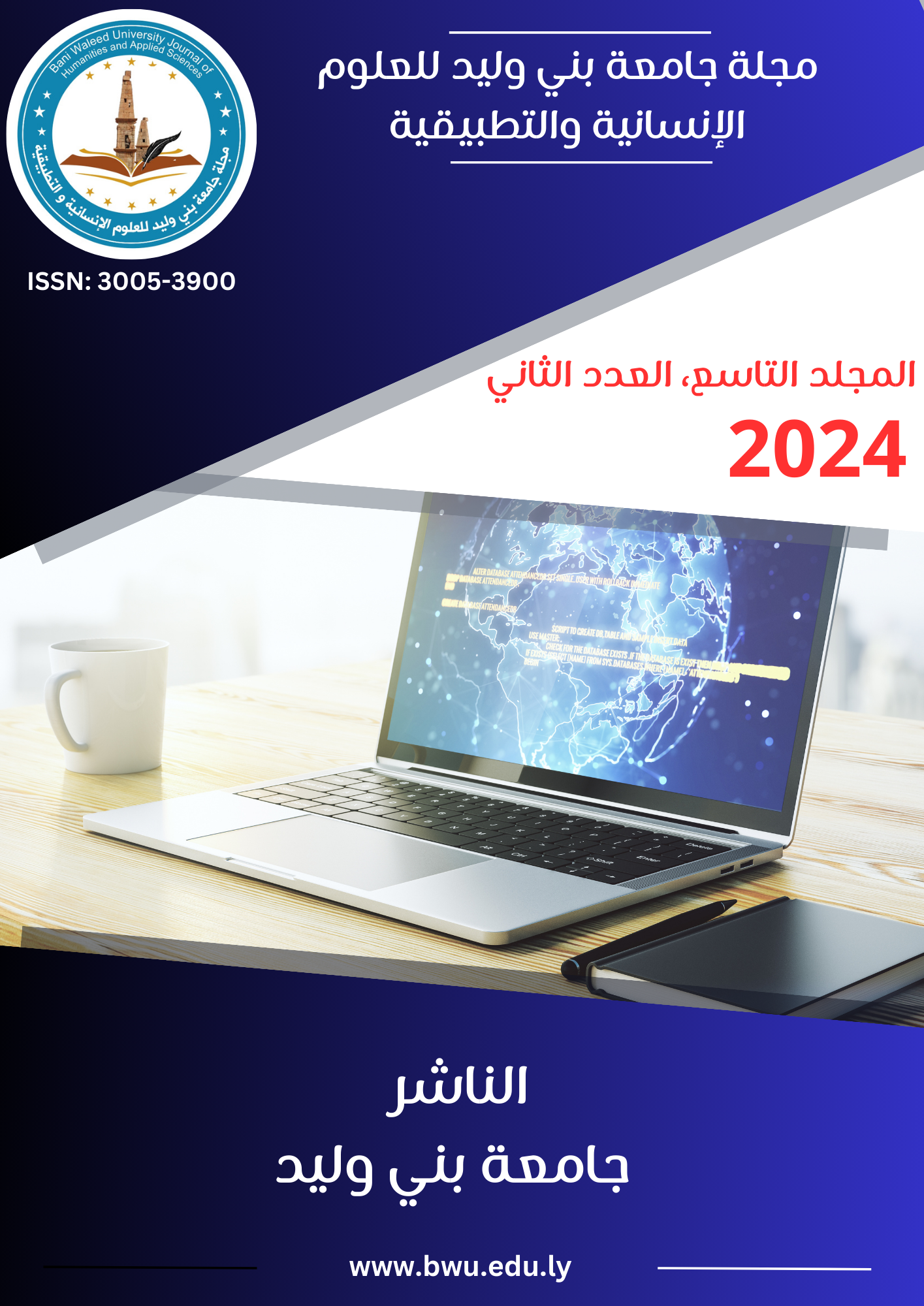Analysis of factors influencing precise positioning estimates for 2D fiducial targets
DOI:
https://doi.org/10.58916/jhas.v9i2.276الكلمات المفتاحية:
Circular Hough transform, Phase coding, Two-stage, Colour intensity, Spatial resolution, CNC machines, Fiducial targets, Occlusion.الملخص
In the past decade, the rapid progress in image processing applications has made it increasingly crucial to obtain high-quality images. However, the enhancement of images through post-processing methods can sometimes be restricted by the capabilities of available cameras, such as resolution, sensor size, and FPS. Researchers have made significant efforts to enhance camera performance and maximize the effectiveness of post-processing, with improving image resolution being a particularly important focus area. This paper aims to study some factors affecting the 2D detection accuracy for fiducial target objects (circular shaped objects) when two modifications of Circular Hough transform (CHT) are used (namely Phase coding and two-stage methods). These factors include those related to the internal properties of Circular Hough transform algorithm such as search radius range, thresholding and colour intensity. Also, this paper analysis the influence of some factors connected to the nature of the object which involves the boundaries of the shape and the target’s speed. Therefore, Three 2D shapes with varying diameters are being used: a small shape with a radius of 1 cm, a medium shape with a radius of 2 cm, and a large shape with a radius of 3 cm. Moreover, the influence of occlusion problem on the overall detection success for the targets has also been highlighted. The results show that fiducial targets with circular shapes have a changeable effective resolution at slow motion speeds. Additionally, adjusting the internal parameters of the two CHTs resulted in a minor alteration in the detected pixels of the target within the image, even without any movement occurring. Consequently, there was no notable shift in the positioning data of the tracked object across the consecutive frames.
التنزيلات
المراجع
Chaudhuri, S. and J. Manjunath, Motion-free Super-resolution. 2006: Springer.
Chaudhuri, S., Super-resolution imaging. 2001: Springer.
Baker, S. and T. Kanade. Hallucinating faces. in Automatic Face and Gesture Recognition, 2000. Proceedings. Fourth IEEE International Conference on. 2000.
Park, S.C., M.K. Park, and M.G. Kang, Super-resolution image reconstruction: a technical overview. Signal Processing Magazine, IEEE, 2003. 20(3): p. 21-36.
Yang, J. and T. Huang, Image super-resolution: Historical overview and future challenges. Super-resolution imaging, 2010: p. 20-34.
Grothe, B. and T. Park, Structure and function of the bat superior olivary complex. Microscopy Research and Technique, 2000. 51(4): p. 382-402.
Yilmaz, A., O. Javed, and M. Shah, Object tracking: A survey. Acm computing surveys (CSUR), 2006. 38(4): p. 13.
Pei, S.-C. and J.-H. Horng, Circular arc detection based on Hough transform. Pattern recognition letters, 1995. 16(6): p. 615-625.
Smereka, M. and I. Dulęba, Circular object detection using a modified Hough transform. International Journal of Applied Mathematics and Computer Science, 2008. 18(1): p. 85-91.
Atherton, T. and D. Kerbyson. The coherent circle Hough transform. in Proceedings of the British Machine Vision Conference. 1993.
Davies, E., A modified Hough scheme for general circle location. Pattern Recognition Letters, 1988. 7(1): p. 37-43.
Illingworth, J. and J. Kittler, A survey of the Hough transform. Computer vision, graphics, and image processing, 1988. 44(1): p. 87-116.













